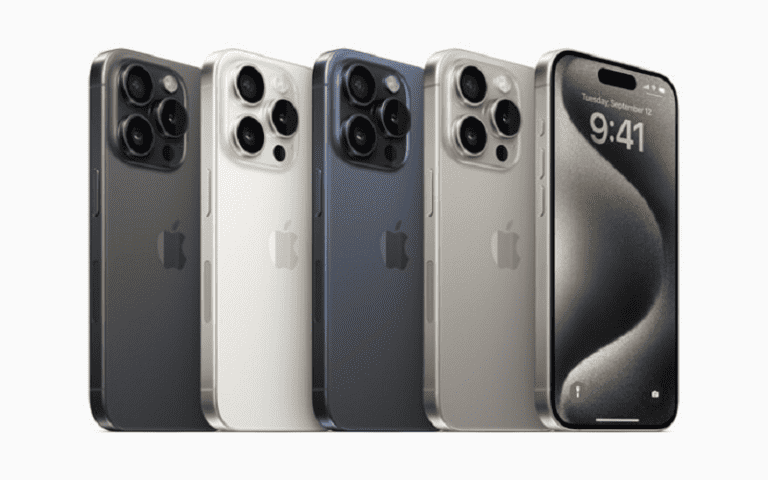Apple is planning to add AI features to new iPhones. However, it does not appear to be able to implement the technology on its own, instead relying on Google’s Gemini models.
This is what Bloomberg has learned based on speaking to sources with knowledge of the matter. Apple is also said to have considered OpenAI, but currently, Google’s AI offering seems the most likely option. The new features are unlikely to be exclusive to the iPhone 16 series that will be released later this year – it will instead form an integral part of iOS 18.
All three parties mentioned (Apple, Google, OpenAI) declined to comment on Bloomberg’s reporting.
Google as AI powerhouse
Apple’s potential choice would be striking, but not too surprising. Its own research a few months ago focused on being able to run LLMs on the very limited memory capacity of mobile devices. In addition, Apple has not as yet presented any generative AI features of its own. The technology base behind virtual assistant Siri, which has been present on iOS for over a decade, appears rather outdated when compared to the possibilities GenAI suggests.
Apple actually presented a paper on Thursday on a new set of multimodal models. This group of LLMs can collectively analyse images, add captions and answer visual queries. Apple’s latest innovation, it claimed, would count as “the next frontier in foundation models”. That would suggest that it has enough AI skills of its own to add new features to iPhones, iPads and iMacs, but nothing could be further from the truth.
In addition, Apple would not be the first smartphone maker to rely emphatically on Google’s AI expertise. Samsung partially developed its own Galaxy AI for the Galaxy S24 series itself, but it took its most impressive features directly from Google. For example, Circle to Search is essentially an OS-level integration of Google Lens.
Tip: Samsung Galaxy S24 Ultra review: much more than just AI
In addition, the development supports Google’s suggested dominance as an AI superpower, as Microsoft suggested to the European Commission late last week. The company would be the only one without partners to handle the GenAI race; after all, even Microsoft is largely dependent on OpenAI for its Copilot AI offerings.
Gemini models
Google owns a broad suite of AI capabilities aimed at both consumers and business users. Gemini is the moniker for the latest set of AI models, which will power a new version of chatbot Bard, among other things. However, Gemini’s image generator got in hot water because it only generated people with darker skin colours, even when faced with prompts with which this was highly inappropriate to do so. The tool should be available again soon.
Incidentally, this is not the only time a GenAI tool has been launched in a half-baked form. For example, Bing Chat (now Microsoft Copilot) scolded users before Microsoft made adjustments to its behaviour.
